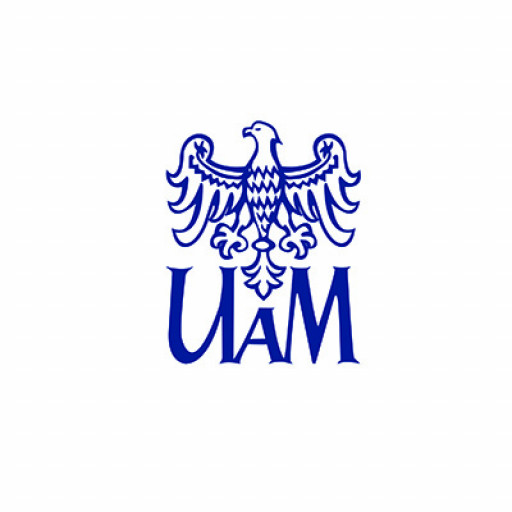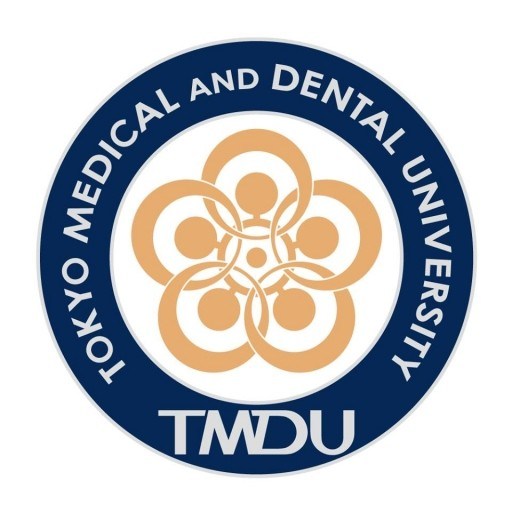What is Biomedical Engineering?
Biomedical Engineering is a branch of science and technology which is dedicated to the application of engineering principles in biology and medicine. Biomedical Engineering combines methods of Physics, Mathematics, IT and Computer Science. The goals of Bioengineering and biomedical engineering are diverse - curing the hereditary diseases, synthesis of chemical compounds with predetermined properties, creation of genetically modified organisms, including farm animals, laboratory animals and crops, creation of artificial human organs for donation and research, infertility treatment.
Those areas of Bioengineering that are not related to human medicine are close to biotechnology.

What is the difference between Bioengineering and Biomedical Engineering?
In many traditions Bioengineering and Biomedical Engineering are quite the same area - they are usually taught on one faculty and many universities consider them as rather similar. But they have important differences - Biomedical Engineering is built around human needs and its main goal is to rid people of diseases by using engineering, including genetic engineering. Bioengineering is less concerned with human health, it also studies areas which are not related to the human body - for example, biomimetics (which is a part of Bioengineering) is exploring ways to use the structures of living organisms to develop mechanisms and materials.
Entry requirements for Bio and Biomedical Engineering applicants
Those who wish to apply for an undergraduate study program in Bio and Biomedical Engineering in foreign university need to have excellent grades in Biology and Chemistry. Sometimes high scores in other sciences, such as Mathematics or Physics, are required too - it depends on the specialization of the chosen program and specific requirements of a chosen university. Many foreign universities ask Russian applicants to complete at least one year on relevant undergraduate education in Russian universities with a good GPA score.
Those applicants whose native language is other from English need to demonstrate language proficiency by providing the results of TOEFL, IELTS or other equivalent language certificate.
Applicants for foreign universities need also to meet some specific requirements of the country they have chosen. Some helpful tips about applying for popular countries, for example, USA or UK, can be found on our website.









































